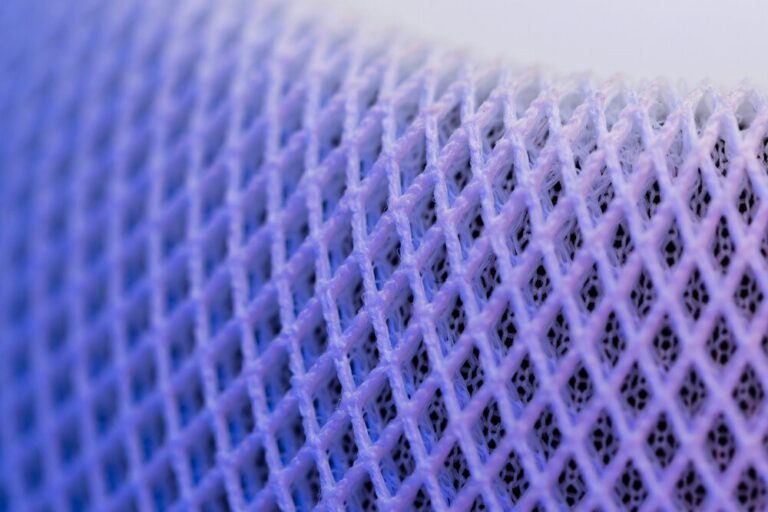In this Nanoclast blog piece, Dexter Johnson notes that Iran is hosting, this week, its fourth annual Iran Nano 2011, with tandem public relations materials heralding the event and Iran’s prowess when it comes to nanotechnology. Johnson says, “Just about everything that has been announced is simultaneously intriguing and baffling.” The Secretary of Iran’s Nanotechnology Initiative Council, Sareed Sarkar, earlier in the week claimed that Iran was ranked 12th in the world for production of nanoscience. Johnson writes: “Now I have no reason not to believe that claim, mainly because I am not sure I could name off the top of my head who is ranked one through eleven, but more importantly I am not sure what it means. Could it be the production of scientific papers with reference to nanotechnology? We now know that the pursuit of this metric is often on a slippery slope. Or could it be funding? Hard to say on that one since Iran’s expenditures on nanotechnology are not as well known as some other countries…The main problem in ranking Iran’s place in the nanotechnology hierarchy is that of transparency. We just don’t know that much.” Johnson turns to Tim Harper, of Cientifica Ltd., who is one of the few people he knows that has visited Iran with the purpose of working on nanotechnology. Harper said, earlier this year, on the blog Frogheart, “Iran has some great science going on, and the US embargo has meant that they have had to be quite ingenious to get access to even basic instrumentation such as electron microscopes. However, there’s a large domestic market, and the Iranians are manufacturing everything from scientific instruments to nanomaterials. When the political issues are solved, I think a few people will be surprised by the level of sophistication of Iranian nanoscience.” And while that view reduces Johnson’s skepticism, he concludes: “In either case, I wish the Iranians would avoid that kind of announcement, especially when their entire nanotechnology enterprise remains a mystery for many. Sanctions, or not, science needs transparency to progress, both within and outside Iran.”




